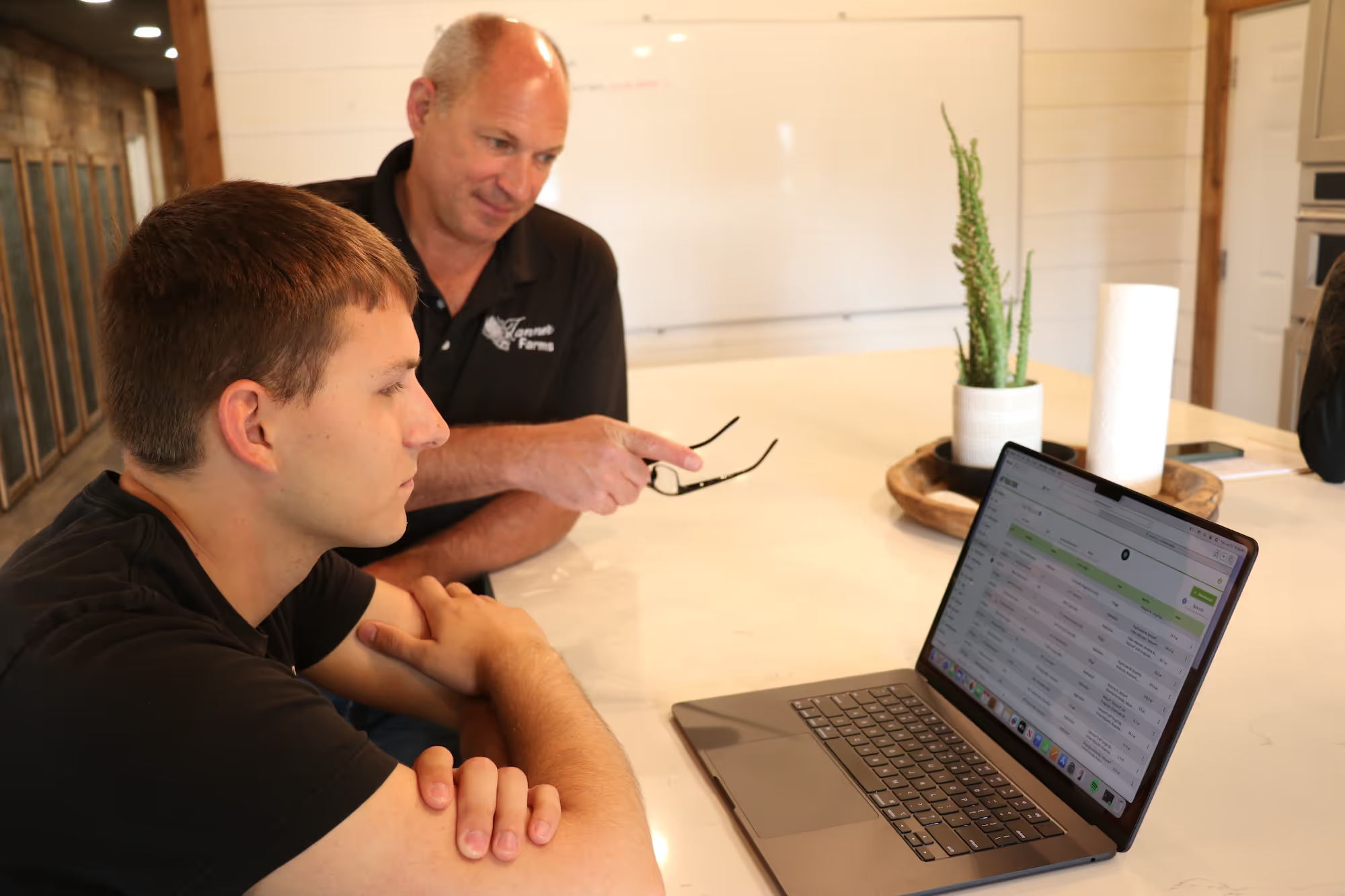The Silent Yield Booster: How Farm Culture Impacts Profitability
The everyday farm is juggling soil tests, input budgets, and yield targets, but there is one often overlooked factor that quietly shapes nearly everything else: culture. The way people communicate, solve problems, and make choices has as much influence on success as the newest equipment or the next market rally.
Culture is the heartbeat of the farm. It determines how teams respond when challenges arise, whether decisions are made with confidence, and how well everyone works together toward common goals. A strong culture builds trust, keeps operations running smoothly, and supports long-term profitability even through difficult seasons. In an industry where margins are tight and the pace of change is accelerating, culture might just be the silent yield booster every farm needs.
Why Culture Matters in Farming
Culture is not a slogan on a poster or a page in a business plan. It is the lived experience of how people treat one another and make decisions day after day. It defines what “good work” looks like, how disagreements are resolved, and whether team members feel respected and motivated. Research supports what many farmers already know intuitively. A study summarized by Michigan State University found that farms with strong culture can reduce turnover costs by as much as $90,000 per year. Another study conducted by Gallup reported that companies with highly engaged employees show 17% higher productivity and 21% higher profitability compared to those with disengaged employees.
In other words, clear communication and shared purpose are not just nice to have, they are also measurable business advantages. A strong business culture also builds stability during transitions. When your farms values are consistent and communication is open, the next generation can step into leadership with confidence rather than hesitation.
The Financial Impact of Culture
A healthy culture affects everything from efficiency to profitability. Farms that invest in defining and maintaining culture often see benefits such as:
Fewer mistakes and less rework. Clear expectations reduce confusion and save valuable time during critical windows.
Higher morale and retention. People stay longer when they feel trusted and valued, lowering hiring and training costs.
Better decision-making. Shared values create a common framework for evaluating options and priorities.
Improved relationships with lenders and partners. Consistent communication and unity across generations build external trust. These outcomes translate directly to stronger financial results. Culture might not appear on your balance sheet, but it drives many of the numbers that do.
Practical Steps to Strengthen Farm Culture
1. Define your mission, vision, and values Write down why your farm exists, where you want it to go, and the principles that guide how you work. Keep it short, clear, and meaningful.
2. Share those values consistently Post them where everyone can see them. Bring them up in meetings and conversations, and use them as a reference when making decisions.
3. Turn values into goals If stewardship is one of your values, link it to measurable actions such as improving soil health or reducing input waste. Values become real when they influence what you do.
4. Hold structured, purposeful meetings Set a schedule for regular check-ins. Use agendas, ask for input, and end with clear next steps. The goal is to keep everyone informed and moving in the same direction.
5. Include everyone in important decisions Transparency builds buy-in. When people understand the “why” behind a choice, they are more likely to support and execute it effectively.
6. Prepare the next generation for leadership Give younger family members real responsibilities early. Let them manage small projects or budgets so they gain experience and confidence.
7. Address conflict early and fairly Use your shared values as a guide. When respect and integrity are part of the farm’s DNA, even hard conversations can strengthen relationships instead of weakening them.
What a Culture Looks Like in Action
At Traction Farms, culture is intentional, not accidental. In a recent family meeting, the team evaluated an opportunity to rent 200 more acres. The group discussed whether the additional overhead and travel time aligned with their commitment to efficiency and stewardship. It did not, so they passed. The decision was clear and supported by everyone because it was grounded in shared values.
At Prairie View Farm, the same opportunity was handled informally. The choice was made based on who happened to be present that day. The expansion created confusion and frustration when workloads increased and expectations were unclear. What seemed like a good business move on paper ended up reducing efficiency and morale. The difference was not timing or luck. It was culture.
Measuring Cultural Health
You do not need complex tools to evaluate culture. Simple, honest questions can reveal a lot. Do team members understand and support the mission and values? Are decisions made transparently and with input from those affected? Does the next generation feel encouraged and prepared? Are disagreements resolved using shared values rather than hierarchy? Farms that can answer “yes” to most of these questions are already building a strong cultural foundation.
Conclusion
Culture may not be something you can measure with a soil probe or record in a ledger, but it shapes every result on your farm. It influences how quickly problems are solved, how decisions get made, and how people feel about the work they do every day. When your culture is strong, your team is more focused, more adaptable, and more invested in the long-term success of the business.
Start small. Revisit your mission and values. Talk with your team about what those words mean in daily work, not just during meetings. Ask how communication could be clearer or decisions more transparent. Culture grows in the moments when people feel heard and aligned around a shared purpose. The most successful farms are not just financially healthy. They are rooted in strong relationships, clear communication, and a culture that turns individual effort into collective success. When you invest in that foundation, every other part of your farm—finances, operations, risk management, and succession become stronger too.
Farm accounting that just works.
Tired of hacking workarounds in software that wasn’t built for farms? We made Traction Ag just for you.

Agape Farms in Ohio



